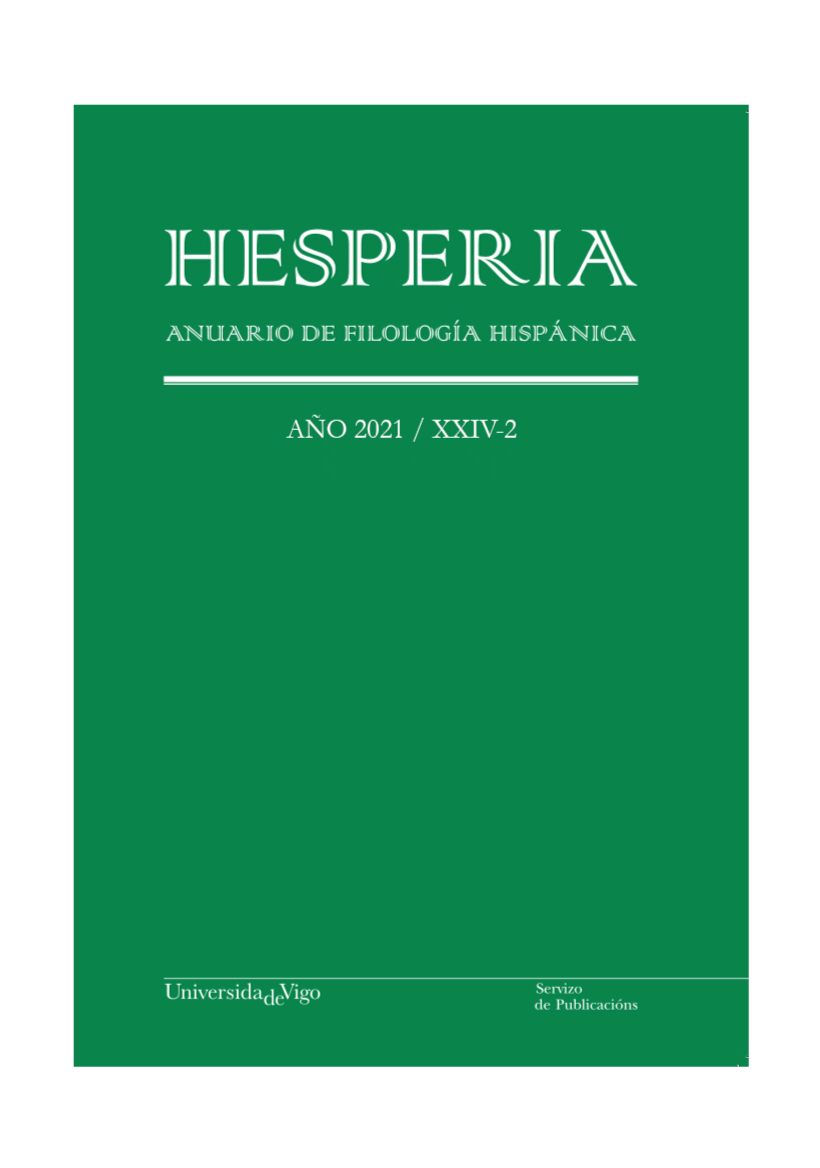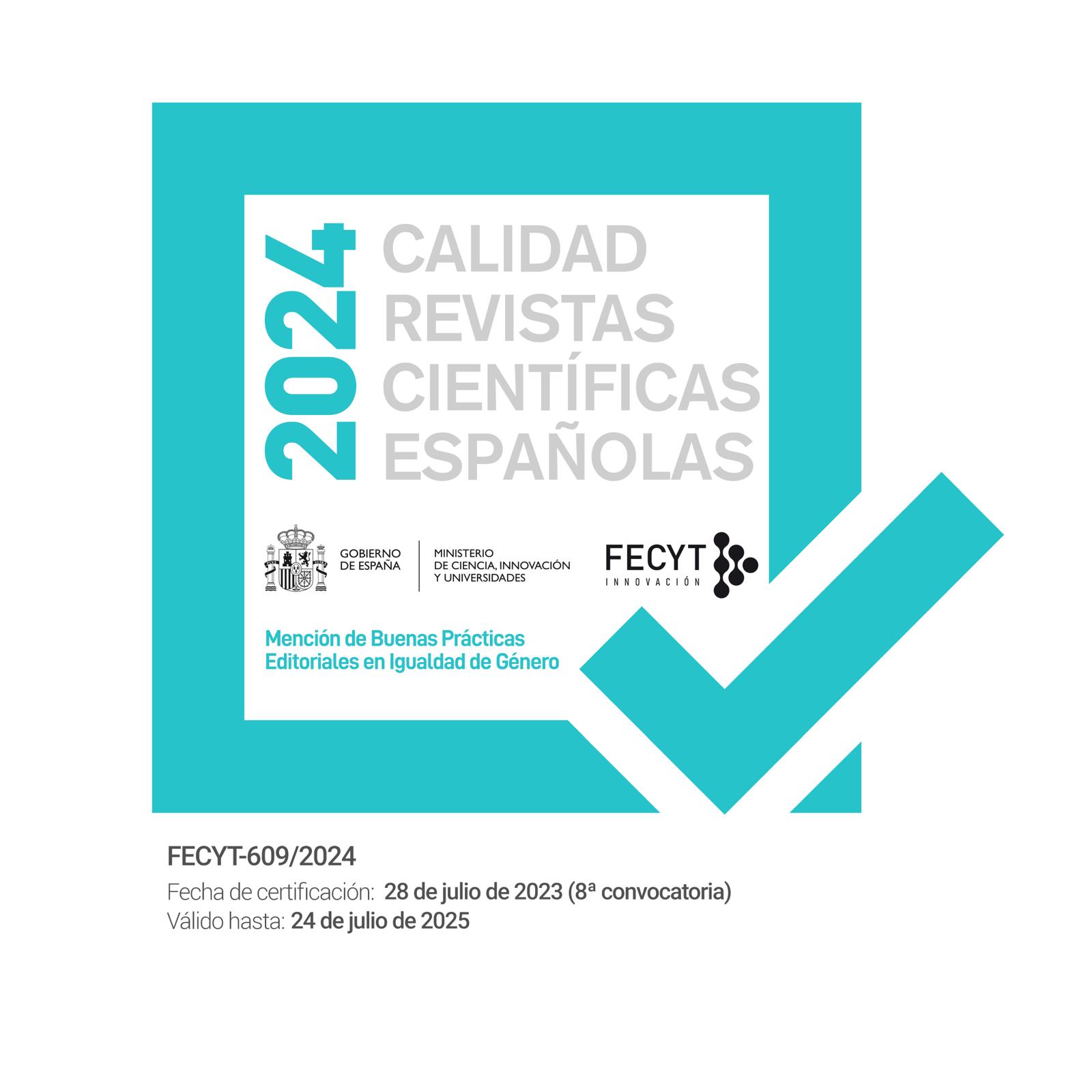Procesamiento de formas no binarias en español rioplatense
Relación entre el uso voluntario y la comprensión
DOI:
https://doi.org/10.35869/hafh.v24i2.4115Palabras clave:
Lenguaje no binario, Género, Procesamiento morfológico, Comprensión de lenguajeResumen
Diversos estudios gramaticales se han abocado al estudio de las innovaciones morfológicas utilizadas como formas no binarias en español (-x; -e). Sin embargo, no existen trabajos experimentales que analicen su procesamiento psicolingüístico ni las múltiples y complejas relaciones entre producción y comprensión en lo que respecta al lenguaje no binario. Para analizar este fenómeno, realizamos una tarea de lectura y comprensión de oraciones con hablantes de español de Argentina. Registramos tiempos de lectura y de respuesta, precisión y frecuencia de uso de las formas no binarias en les participantes. Los resultados muestran una especialización de las formas no binarias como variantes morfológicas genéricas, en contraposición al masculino genérico. Las formas no binarias provocaron consistentemente una referencia hacia grupos mixtos y los tiempos de respuesta mostraron que estas variantes morfológicas no conllevan un costo de procesamiento mayor que el masculino genérico. En este trabajo1, nos concentramos también en el análisis de un factor definido como “uso habitual consciente” de formas no binarias y su efecto sobre los procesos de comprensión. Es posible ver que el uso consciente de formas no binarias influye en los procesos de comprensión de las distintas variantes de morfología de género: a medida que crece el uso voluntario de formas no binarias, el masculino genérico parece concentrar su referencia hacia grupos de varones exclusivamente. Es así que, además de mostrar evidencia general en relación con los costos de procesamiento y modos de comprensión de la morfología de género en español, nuestros datos permiten observar una potencial vinculación recíproca entre procesos de producción y comprensión que merece ser estudiada con mayor profundidad.















